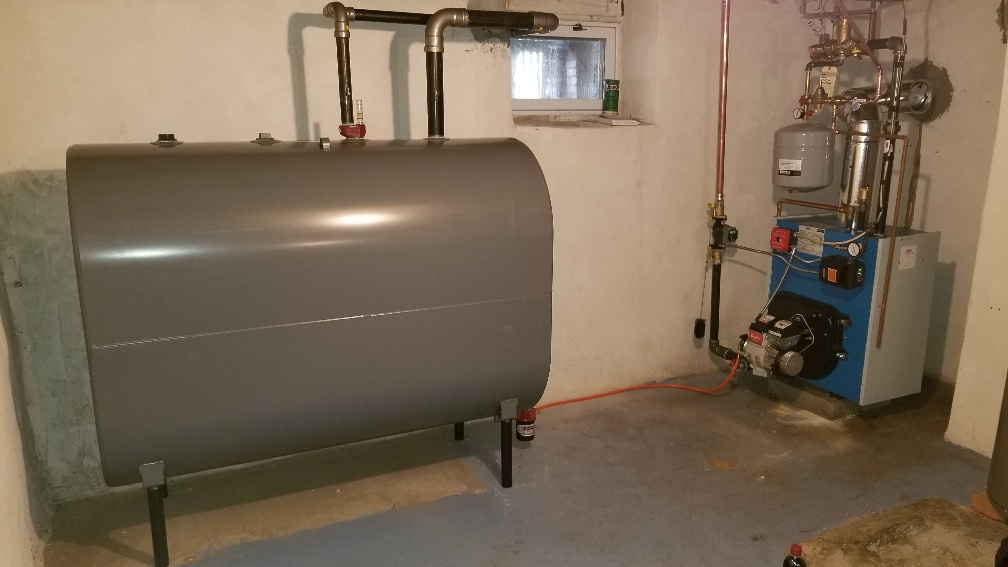Tips For Dealing With A Leaking Oil Tank
Suspect your oil tank is leaking? We suggest you have it serviced without delay. A leaking oil tank can be hazardous to both your own personal safety as well as the environment. Exposure to oil vapor can induce headaches, dizziness, eye and throat irritation, and a host of other health conditions. Oil leaks could also contaminate the water supply of your own or neighboring properties. The first step to dealing with a leaking oil tank is to identify the problem.
There are several ways to detect an oil leak, odor being paramount. This is because even a small cap of fuel has a strong and pungent odor. Indoor oil tank leaks are generally easier to spot, as the odor is contained in an indoor space.

If your oil tank is located outdoors, it may be harder to detect the leak. Several tell-tale signs of an oil tank leak include noticing an oil sheen in your water, a significant increase in your heating bill, the smell of odor in your home or its outdoor space, plants dying near the oil tank, and stained patches of lawn on your property. The most apparent sign of a leak is if you can visually identify oil leaking from the tank or a puddle underneath it. Diagnosing a leaking oil tank is best left to the professionals.
An oil tank leak is serious; if left untreated, the leak could lead to soil and water contamination, pollution and ultimately leave you without heat in your home if the leak is bad enough. Here’s what to do if you think you have a leaking oil tank.
Identify and Assess
The first thing to do is to identify the oil leak and determine how severe it is. It’s best to work with a professional for this to properly assess the situation and identify why the oil tank is leaking. Is it due to dents and scratches on the oil tank? Is your oil tank leaking because of cracks or rust? As you do this, try to also find out how far the leaked oil has spread.
Having a more comprehensive understanding of the situation will make solving the problem much easier and also save time if you choose to hire a professional for help. There are DIY methods for cleaning up minor oil leaks yourself, such as using sand to absorb the oil and turning off the tap to stop the oil flow. Still, it is highly recommended to work with a professional oil clean up service. These technicians will be able to determine the extent of the leak and make expert recommendations on how to remedy it.
Contact the Authorities and Professionals
Whether on your own or with the help of a professional, once you’ve determined that handling the leaking oil tank is beyond your capability, the next step is to contact relevant authorities and professionals if determined necessary.
Depending on the severity of the leak and pollution, you may also wish to contact the environment agency and the local environmental health officer to inspect and check for further pollution to your property, waterways, and surrounding land. Every oil leak is different and should be assessed on a case by case basis. When you partner with Aero Energy you can rest assured we put safety at the forefront and will help navigate situations like these with our automatic delivery customers.
If you are interested in replacing your furnace or oil tank in Pennsylvania, Maryland, or Delaware, Aero Energy can help! Give us a call at 855-779-6899 or request a quote today!
